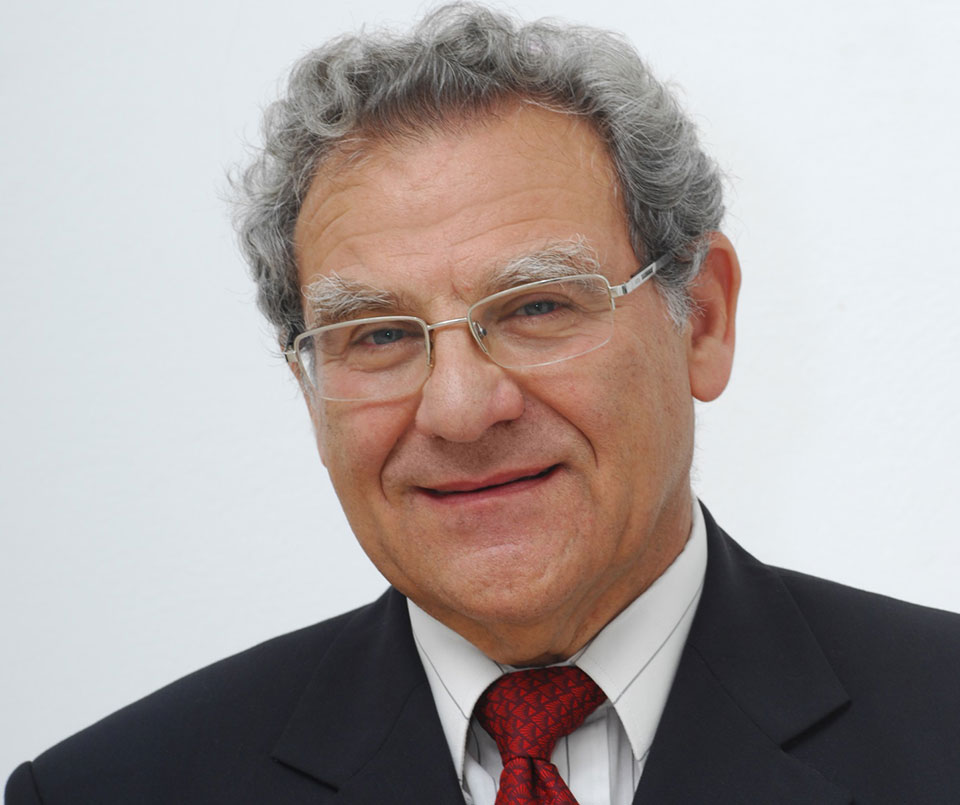
OUR Turkish Typhoon is another type of short-range ballistic missile in the Eastern Mediterranean and is not necessarily operational. In addition, Greece has adequate interception systems. However, this shows the progress of Turkey’s domestic defense industry and reduces Ankara’s future dependence on external suppliers such as the US. The know-how for Turkish ballistic missiles may be of Chinese origin. Answering “K” questions Research Fellow, International Institute for Strategic Studies – IISS Timothy Wright and President of the Jerusalem Institute for Strategy and Security – JISS Ephraim Inbar.
– Timothy Wright: It’s important to note that yesterday’s test run does not mean the Tayfun is close to entering service. Rokestan will most likely need to conduct additional test launches before the missile reaches initial combat capability. Even then, the number of systems Turkey plans to deploy is unknown.
– Ephraim Inbar: First, from the moment they did it, they had to test it, check if it was correct. Second, they demonstrate strength by sending out a signal of strength.

– Timothy Wright: Turkey is one of several states in the Eastern Mediterranean with short-range ballistic missiles (SLBMs). Greece uses the MGM-140 ATACMS SRBM and Israel uses a range of ballistic systems and cruise missiles. Other states of the Black Sea and Caucasus, including Armenia, Azerbaijan, Romania and Russia, either operate or have purchased SRBMs from domestic or foreign suppliers. In this sense, Turkish IRBMs still have similar close-field capabilities. Of course, an important guideline is that these test firings mark the progress of Turkey’s domestic defense industry in the development of missiles. Therefore, in the future, Ankara will be less dependent on external suppliers such as the United States.
– Ephraim Inbar: You can’t win a war with missiles alone. In any case, we need to get a detailed picture of such parameters as, for example, the range and accuracy of this particular missile, in order to see how much it practically increases the defense capability of Turkey.
– Timothy Wright: It is widely believed that Turkey has been working with China to develop some of its ballistic missiles, such as the shorter-range BORA/Khan, which are believed to be the Turkish version of China’s BP-12A.
– Ephraim Inbar: We should not underestimate Turkey’s own capabilities at this level. They have been working in their defense industry for many years and have now gained their own experience.

– Timothy Wright: Greece has two types of interceptors that can be used for missile defense: the M901 Patriot PAC-2 and the S-300PMU1 (RS-SA-20 Gargoyle). Although both of these types are upgraded approaches to the original Patriot and Gargoyle, respectively, these systems are likely to be difficult to intercept modern ballistic missiles capable of flying and maneuvering inside the atmosphere.
– Ephraim Inbar: Greece must acquire its own production and know-how, its own weapons. In these cases, you have to rely on your own strength, only this guarantees you.
Source: Kathimerini
Robert is an experienced journalist who has been covering the automobile industry for over a decade. He has a deep understanding of the latest technologies and trends in the industry and is known for his thorough and in-depth reporting.